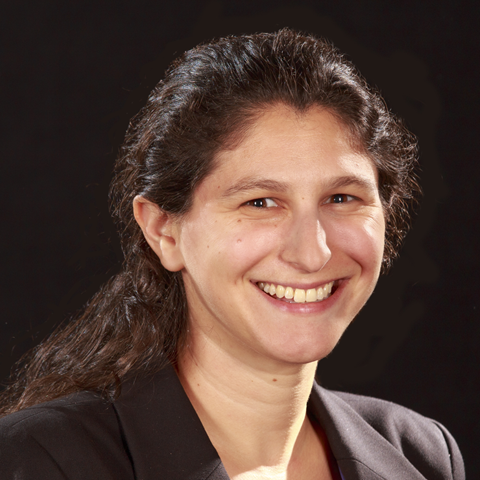Kessler Foundation Receives Grant to Investigate Impact of Combining Aerobic Exercise and Virtual Reality for Individuals with Multiple Sclerosis
Current treatments to enhance processing speed in MS, including medication and cognitive rehabilitation, are largely ineffective

East Hanover, NJ – January 15, 2024 – Kessler Foundation received a $39,994 grant from the Consortium of Multiple Sclerosis Centers to investigate the impact of a unique combination of a single bout of aerobic cycling and virtual reality (VR) on processing speed in persons with multiple sclerosis (MS) and mobility disability.
Processing speed is the most common cognitive problem in persons with MS and may actually contribute to broader cognitive difficulties, according to the grant recipient, Carly Wender, PhD, research scientist in the Center for Neuropsychology and Neuroscience Research. “Processing speed problems can significantly affect the quality of life for individuals with MS, and existing treatments have shown limited effectiveness. Our research suggests that aerobic exercise, particularly walking exercise, could hold the key to addressing these challenges,” Dr. Wender explained.
A large body of research previously conducted by the Foundation’s research teams supports walking aerobic exercise training as a highly promising approach to treat processing speed impairments. The leading hypothesis is that walking demands a high level of multisensory processing from several different sources (i.e., proprioception, physiological, visual). However, a walking program may not be safe for persons with MS-related mobility disability.
“Cycling, on the other hand, is a safer exercise modality, but typically requires lower multisensory processing demands. To enhance the multisensory demand and subsequent cognitive benefits of cycling, we're testing the combination of cycling with two types of virtual reality,” Dr. Wender added.
The latest study will compare the effects of a single bout of cycling alone to two different cycling experiences enhanced with VR technology. Participants will engage in two VR programs--one with a medium level of sensory demand and another with a high level of sensory demand—requiring them to complete cognitive tasks while cycling. “This approach will help uncover the relationship between sensory demand and acute improvements in processing speed which will inform future research on exercise training for long-term processing speed improvements,” concluded Dr. Wender.
About the Consortium of Multiple Sclerosis Centers
Organized in 1986 under the direction of neurologists dedicated to clinical care of MS, the Consortium of Multiple Sclerosis Centers (CMSC) has evolved into a multi-disciplinary organization providing a team approach to MS care and a network for all health care professionals and related specialists in the care of persons with MS. For more information, visit CMSC.org.
About Kessler Foundation
Kessler Foundation, a major nonprofit organization in the field of disability, is a global leader in rehabilitation research. Our scientists seek to improve cognition, mobility, and long-term outcomes, including employment, for adults and children with neurological and developmental disabilities of the brain and spinal cord including traumatic brain injury, spinal cord injury, stroke, multiple sclerosis, and autism. Kessler Foundation also leads the nation in funding innovative programs that expand opportunities for employment for people with disabilities.